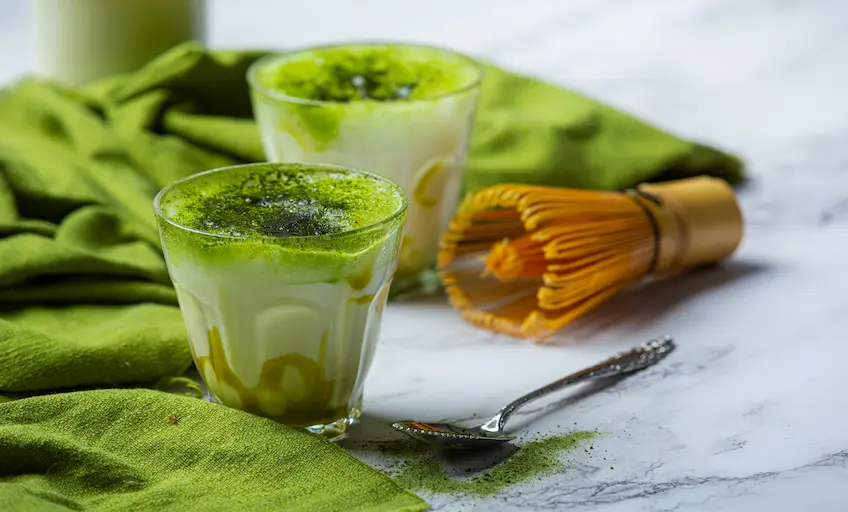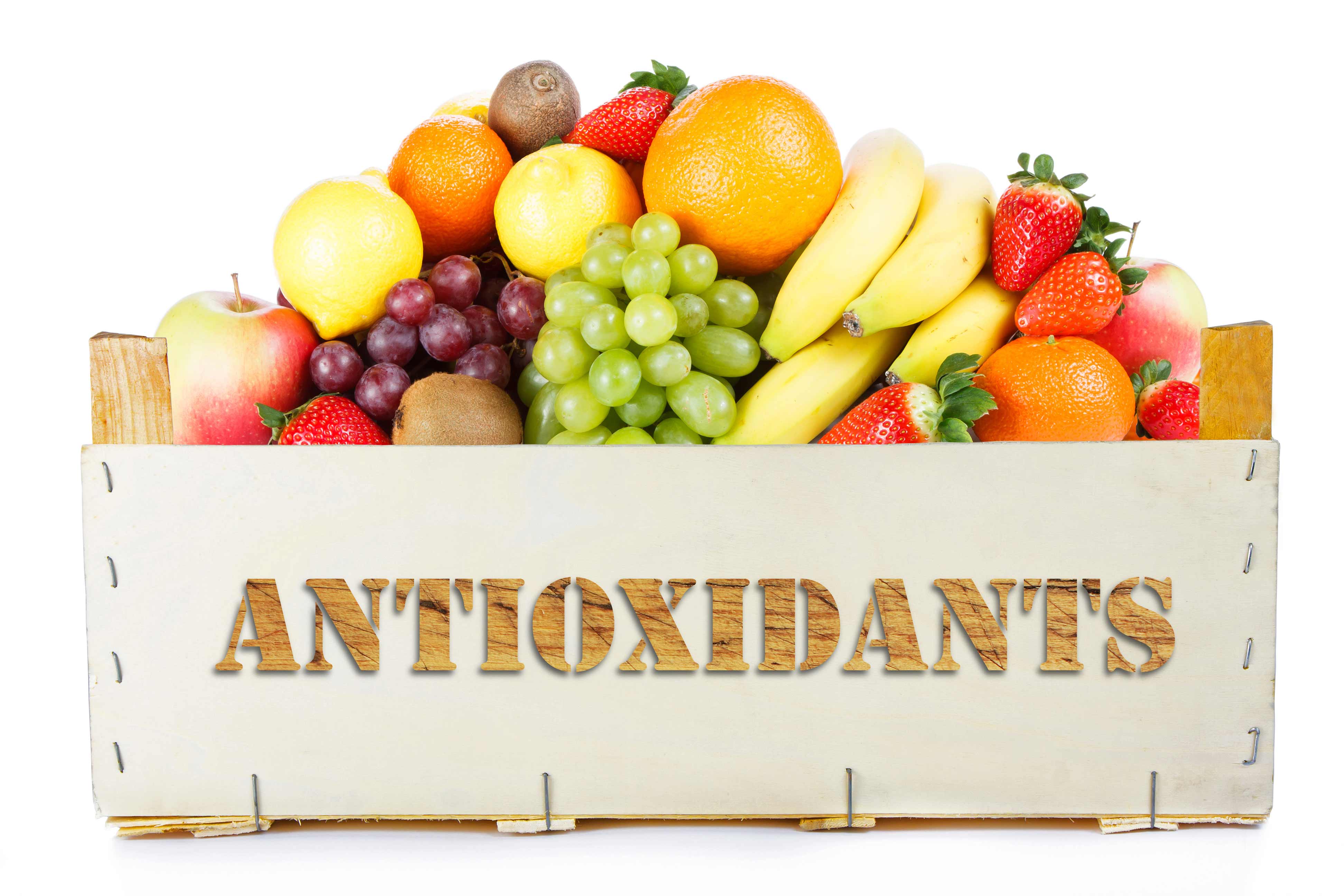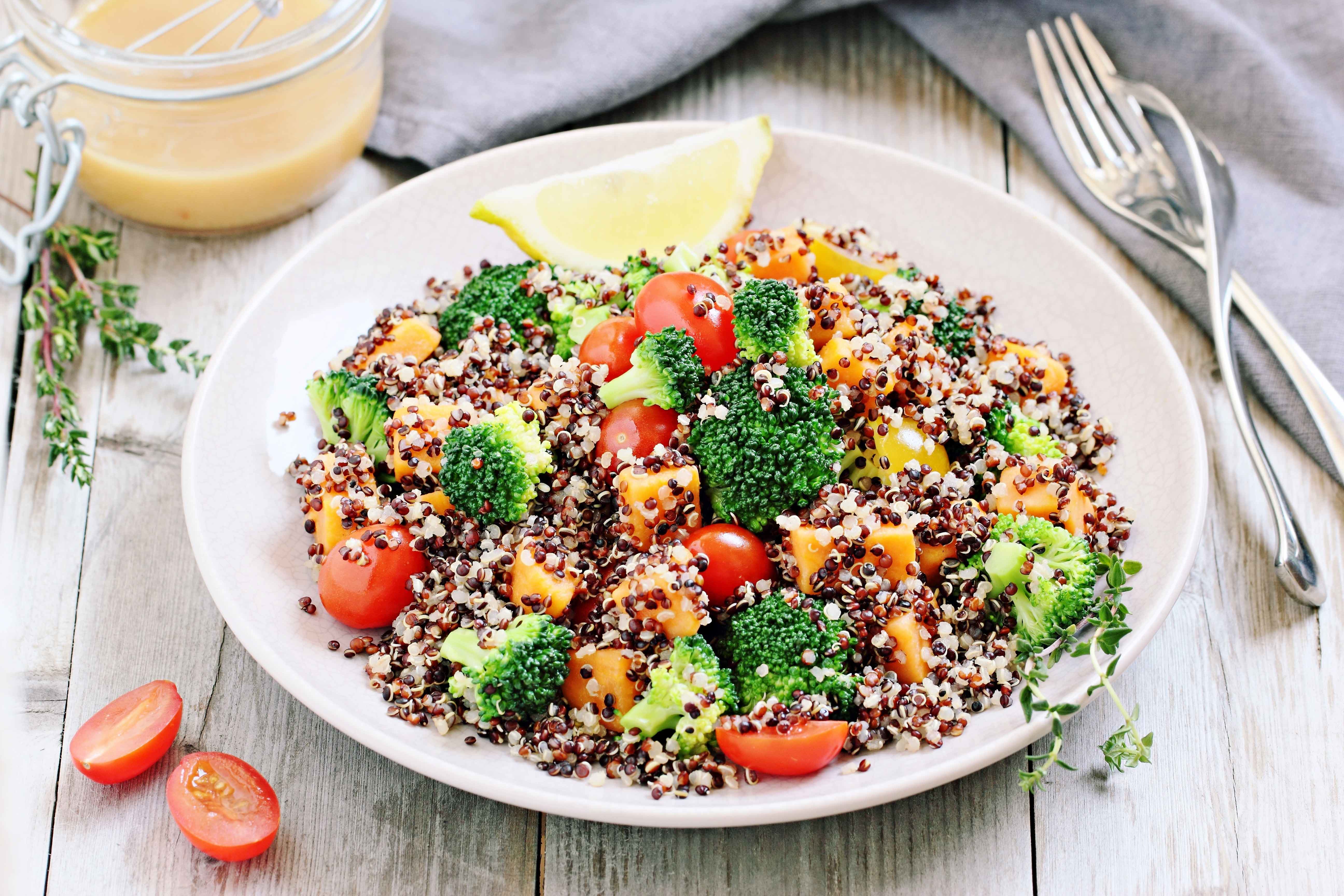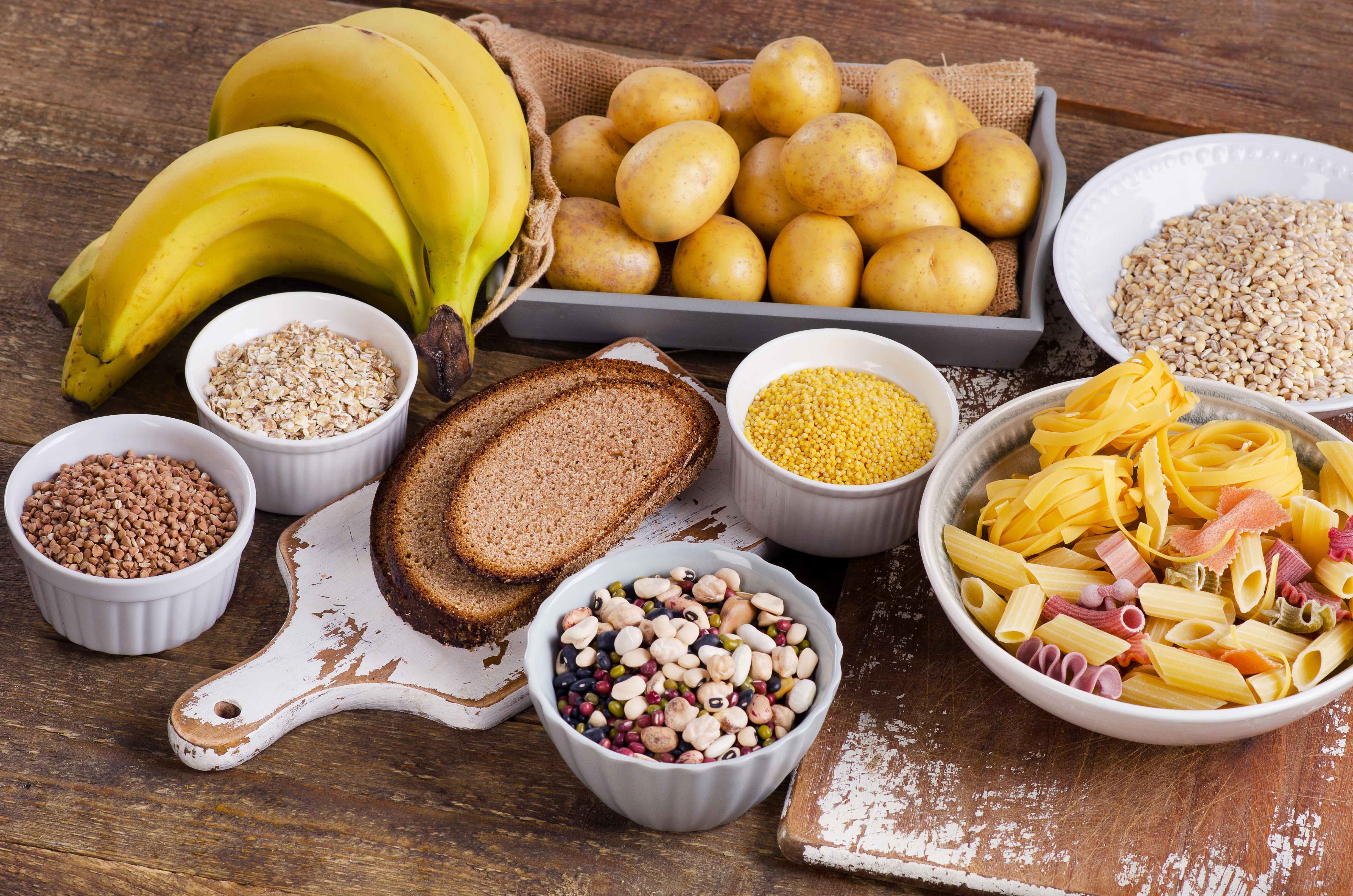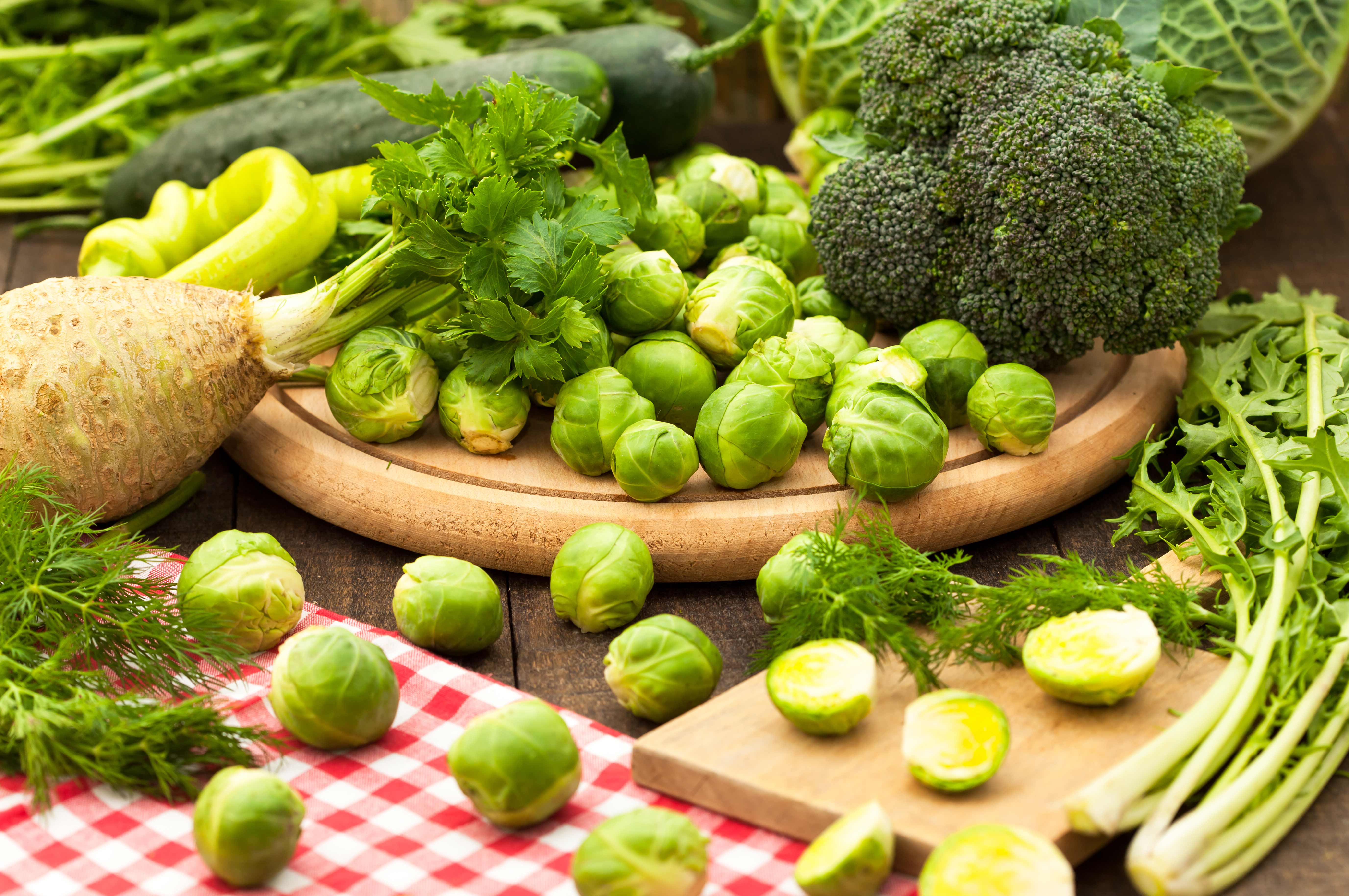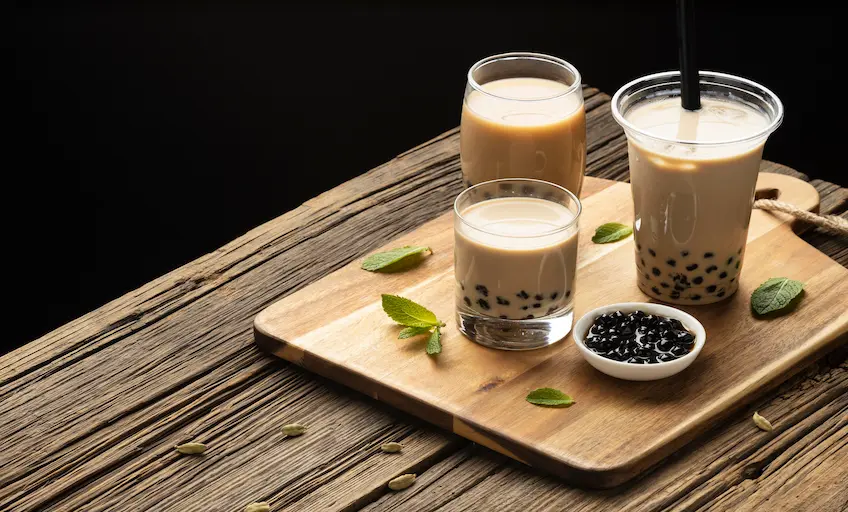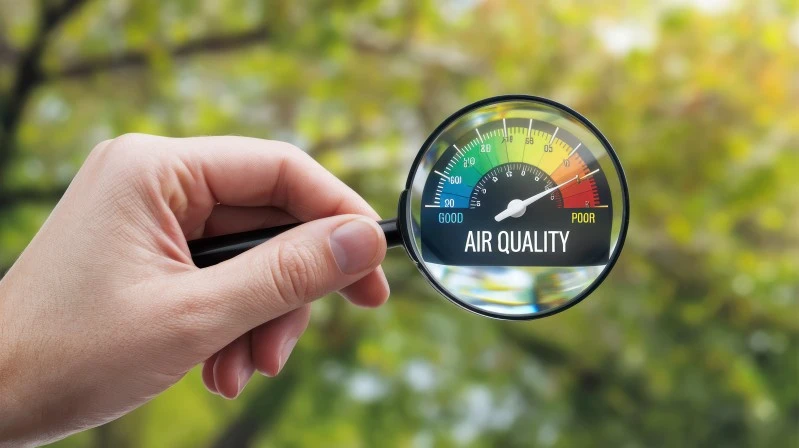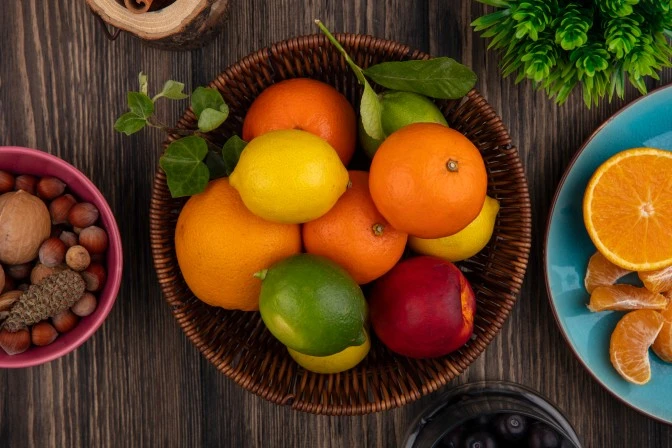Forget coffee jitters and energy crashes—matcha is a Japanese concoction that’s now buzzing all over Indian social media. Packed with antioxidants, focus-boosting compounds, and a calming energy that lasts, matcha tea benefits extend far beyond its vibrant green hue. So, get ready to sip your way to better health and sharper focus.
What is matcha tea?
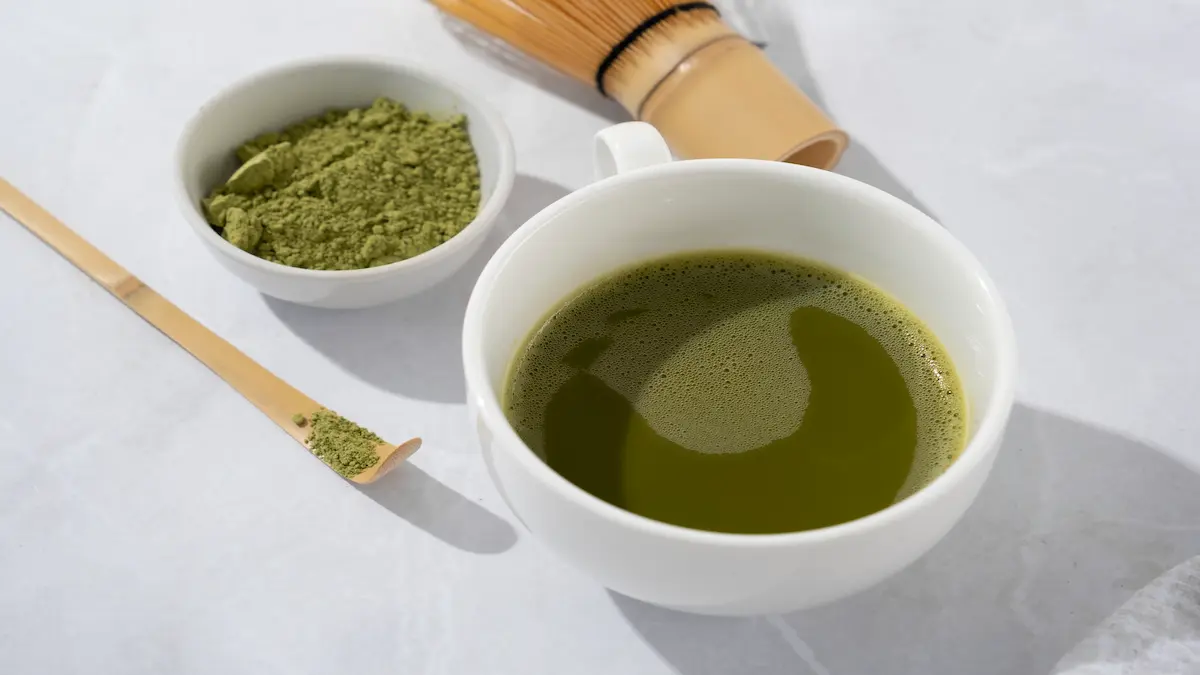
Matcha is available in various forms, including matcha shots, lattes, teas, and desserts, commonly found in health stores and coffee shops. Like green tea, it comes from the Camellia sinensis plant. However, it’s grown differently and has a distinct nutrient profile.
Farmers provide shade for the plants used to make matcha during most of their growth period. This lack of direct sunlight enhances chlorophyll production, increases amino acid content, and yields a darker green hue in the plant. After harvesting the leaves, producers remove the stems and veins and then grind the leaves into a fine powder. This is matcha.
Matcha contains nutrients from the entire tea leaf and has more caffeine and antioxidants than typical green tea.
Top 6 matcha tea benefits
Research on matcha and its components has shown various benefits. Here are the top six matcha tea benefits.
1 Rich in antioxidants
Matcha contains a high level of catechins, a type of plant compound found in tea that functions as a natural antioxidant. Antioxidants stabilize harmful free radicals, which are compounds that can damage cells and contribute to the development of chronic diseases.
Matcha is cultivated in the shade. When leaves are harvested, the catechin content is lower compared to other types of green tea. However, when dissolved in water, it yields three times more. Adding matcha to your diet can increase your antioxidant intake, which may help prevent cell damage and lower your risk of several chronic diseases.
2 Supports liver health
The liver is essential for health and plays a key role in removing toxins, metabolizing medications, and processing nutrients. Some research indicates that matcha might help prevent liver damage and reduce the risk of liver disease. However, more research is necessary to understand its effects on the general human population.
3 Enhances brain function
Several components in matcha may help improve brain function. It has been shown to enhance attention, memory, and reaction time. It also contains caffeine and L-theanine, which can boost various aspects of brain performance.
4 May lower cancer risk
Test tube and animal studies have shown that the compounds in matcha can inhibit the growth of cancer cells.
5 Promotes heart health
Drinking green tea, which has a nutrient profile similar to matcha, may help prevent heart disease.
Green tea consumption has been associated with a lower risk of cardiovascular disease compared to coffee, and some studies suggest that it may help lower the risk of hypertension and other complications in people with दिल की बीमारी.
The compounds in matcha are similar to those in green tea and may offer comparable benefits.
6 Aids in weight management
Green tea extract, including matcha (since it comes from the same plant and shares similar compounds), may help boost metabolism and fat burning, both of which can support वजन मैनजेमेंट.
How to prepare matcha tea?
You can prepare traditional matcha tea by sifting 1–2 teaspoons (2–4 grams) of matcha powder into your cup, adding 59 ml of hot water, and mixing it with a bamboo whisk.
You can also adjust the matcha powder-to-water ratio to achieve your desired consistency.
- For a milder tea, reduce the powder to 1/2 teaspoon (0.5 g) and mix with 89–118 ml of hot water.
- For a more concentrated mix, combine two teaspoons (4 g) of powder with 30 mL of water.
How to drink matcha tea?
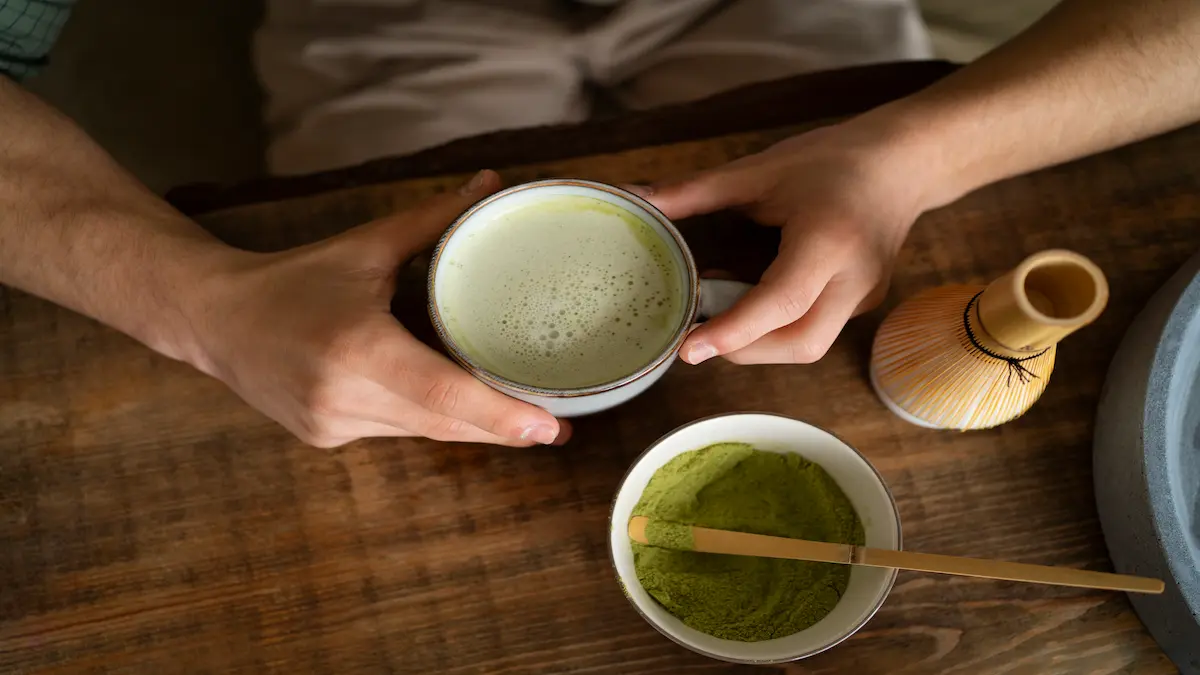
You can enjoy matcha tea hot or cold—it’s all about your taste, the season, and your mood. Hot matcha is perfect for the mornings, creating a cozy vibe or a meditative break. Iced matcha (cold) is perfect for summer days, afternoon refreshments, or post-workout recovery. Whether hot or cold, high-quality matcha makes all the difference.
Are there any side effects?
Despite its potential health benefits, consume matcha in moderation.
Matcha has more caffeine than green tea. While moderate caffeine intake can be helpful, consuming too much may lead to negative effects, such as a faster heart rate.
Drinking matcha may also increase your exposure to contaminants such as pesticides, chemicals, and even arsenic that can be present in the soil where the tea plants are grown.
Choose organic matcha and enjoy 1–2 cups daily for optimal benefits.
Why is matcha tea trending?
Matcha tea is trending on social media for its mix of aesthetic appeal, health benefits, and influencer hype. The visual charm of matcha drinks and desserts, combined with the perceived benefits such as enhanced focus and energy, makes them buzzworthy, lighting up सोशल मीडिया feeds everywhere.
Sip the green goodness
From its rich history to its modern-day buzz, matcha tea is more than just a trendy beverage—it’s a daily ritual with real benefits. So whether you’re a seasoned sipper or just starting, make matcha your go-to. One cup at a time, you’re not just chasing a trend—you’re elevating your lifestyle.
Frequently asked questions on matcha tea
Curious about matcha? Here are answers to the most frequently asked questions about this vibrant green tea.
Can I drink matcha tea every day?
You can enjoy matcha daily, but it’s high in caffeine and may contain pesticides and other chemicals. The beneficial compounds, such as catechins, can be harmful in excessive amounts. It’s best to consume matcha in moderation, such as 1–2 cups a day or up to 2 teaspoons of matcha.
How much caffeine is in matcha tea?
Matcha tea contains approximately 60–70 mg of caffeine per 240 ml serving, depending on the amount of powder used and the method of preparation. Here’s a quick comparison:
- Matcha (1 tsp powder): ~70 mg caffeine
- Coffee (240 ml cup): ~95 mg caffeine
- Green tea (steeped): ~30 mg caffeine
What’s the best time of day to enjoy matcha?
The best time to drink matcha is in the morning or early afternoon. Since matcha contains caffeine, drinking it too late might interfere with your sleep, especially if you’re sensitive to stimulants.
Can matcha help improve focus and energy?
Matcha is a natural powerhouse for focus and energy. It contains about 70 mg of caffeine per serving—enough to enhance alertness and stamina. It is also rich in L-theanine, an amino acid that encourages relaxation without causing drowsiness. When combined with caffeine, it creates a state of calm alertness—ideal for studying, working, or creative projects.
How did matcha become a global health trend?
Matcha has become a global health trend due to its rich antioxidants, steady energy boost, and calming focus benefits. Its vibrant color and wellness appeal made it a hit on social media, especially among influencers. Backed by tradition and science, matcha has quickly risen to become a popular coffee alternative worldwide.
Why is matcha suddenly popular?
Matcha has gained popularity due to its unique blend of calming energy, health benefits, and visual appeal. People enjoy it as a stylish, jitter-free alternative to coffee, and its bright green color makes it popular on social media. Additionally, the growing focus on wellness has made matcha the preferred choice for clean and mindful living.
How do celebrities and influencers use matcha tea?
Celebrities and influencers include matcha tea in their morning routines for its energizing effects and mental clarity. It’s commonly featured in aesthetic lattes and wellness reels on Instagram. Some even start their own matcha brands, making it both a health choice and a style statement.
Key Takeaways
- Matcha tea is a type of green tea that contains higher levels of caffeine and antioxidants than regular green tea.
- It is rich in antioxidants, enhances brain function, and promotes heart health.
- Choose organic matcha and enjoy it in moderation—1–2 cups daily for optimal benefits.
Stay tuned to the Activ Living Community. Keep up to date with the latest health tips and trends through expert videos, podcasts, articles, and much more on पोषण, फिटनेस, सचेतन, और लाइफस्टाइल से जुड़ी बीमारियां like Asthma, Blood Pressure, Cholesterol, and Diabetes. Activ Living ke saath sahi sehat ki shuruat ABHI karo.
You may also be interested in the following blogs:
Popular Searches
How to lower blood pressure | Fruits good for liver | Unhealthy foods | रागी के लाभ | बेसल मेटाबोलिक रेट | हाई ब्लड प्रेशर के लिए एक्यूप्रेशर पॉइंट्स | Ayurvedic medicine for blood pressure | How to control cholesterol at home | Homeopathy for Asthma | Biological Age | Home remedies for TB | Natural beta blockers | Negative effects of internet | Types of walking | ब्लड प्रेशर कैलकुलेटर | ब्लड शुगर कैलकुलेटर | BMI कैलकुलेटर





 1800-270-7000
1800-270-7000

